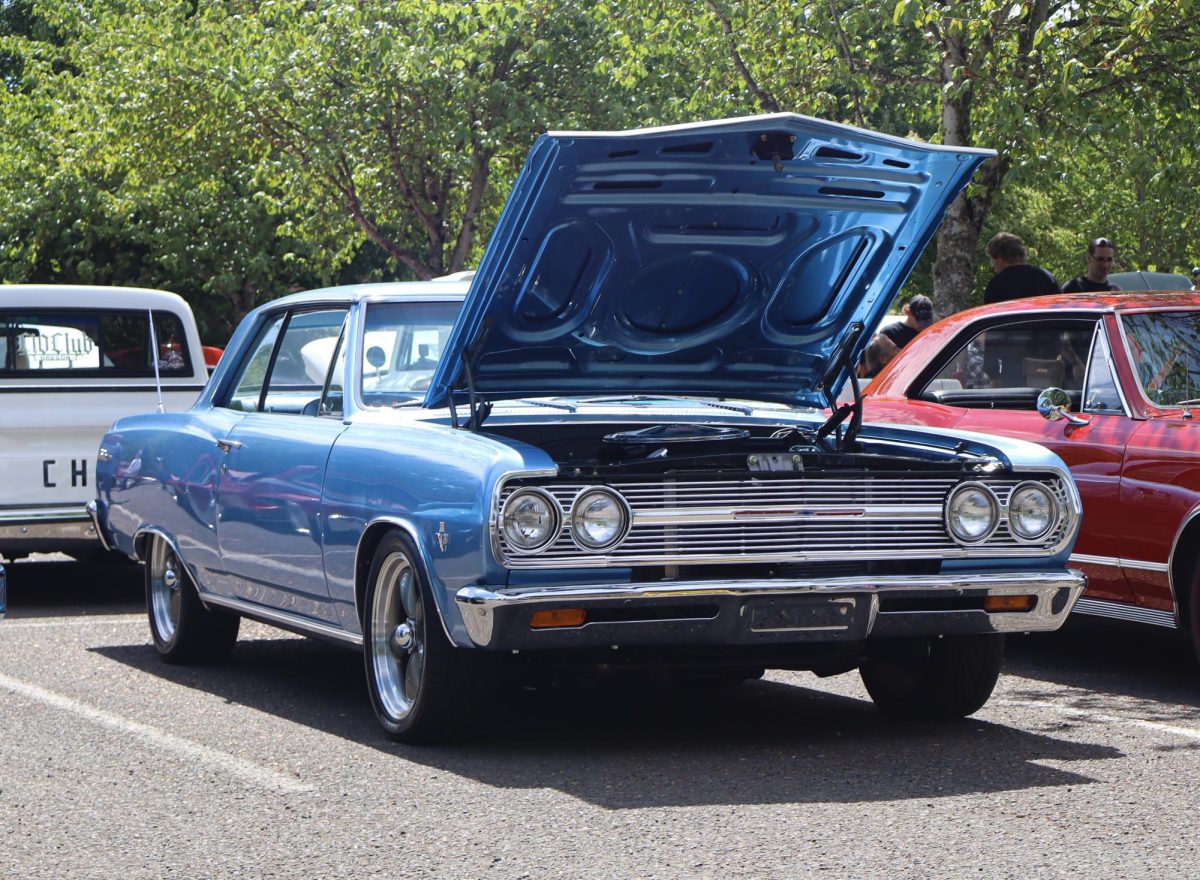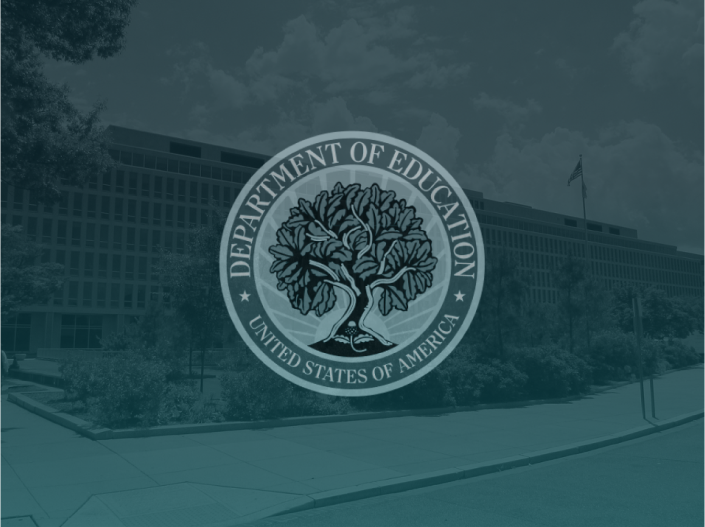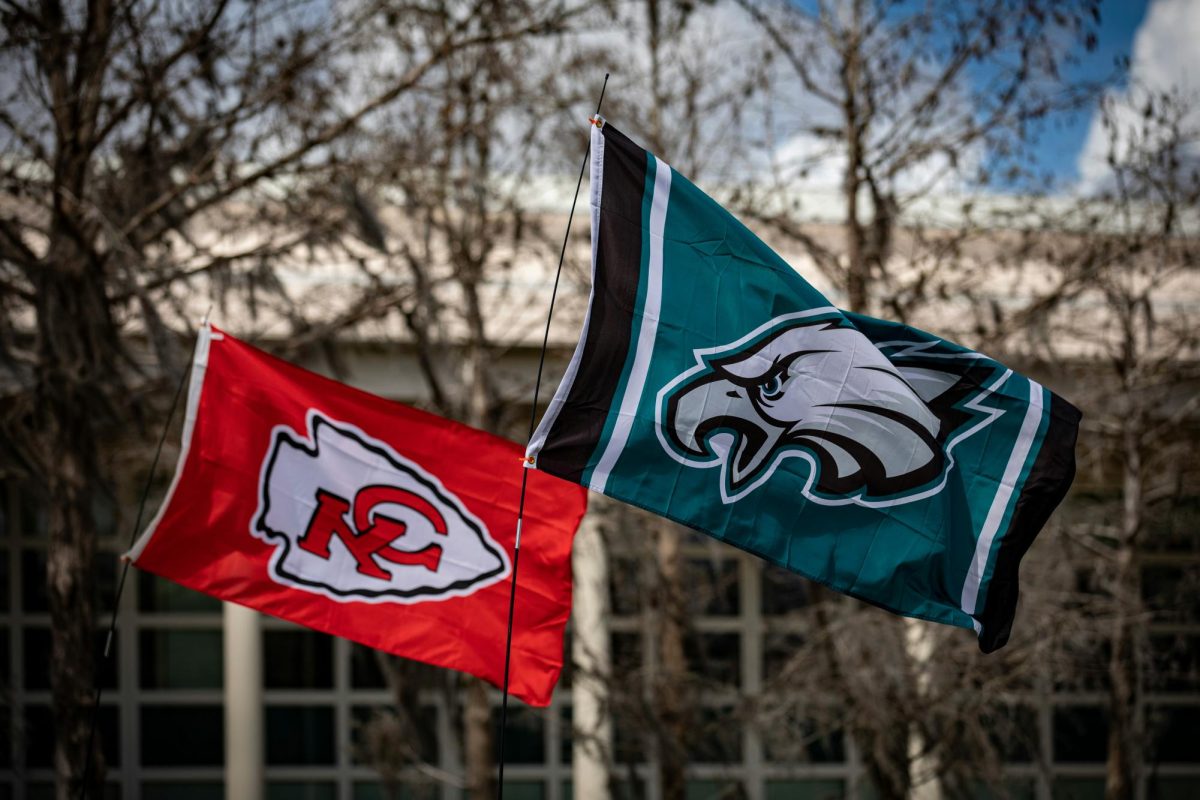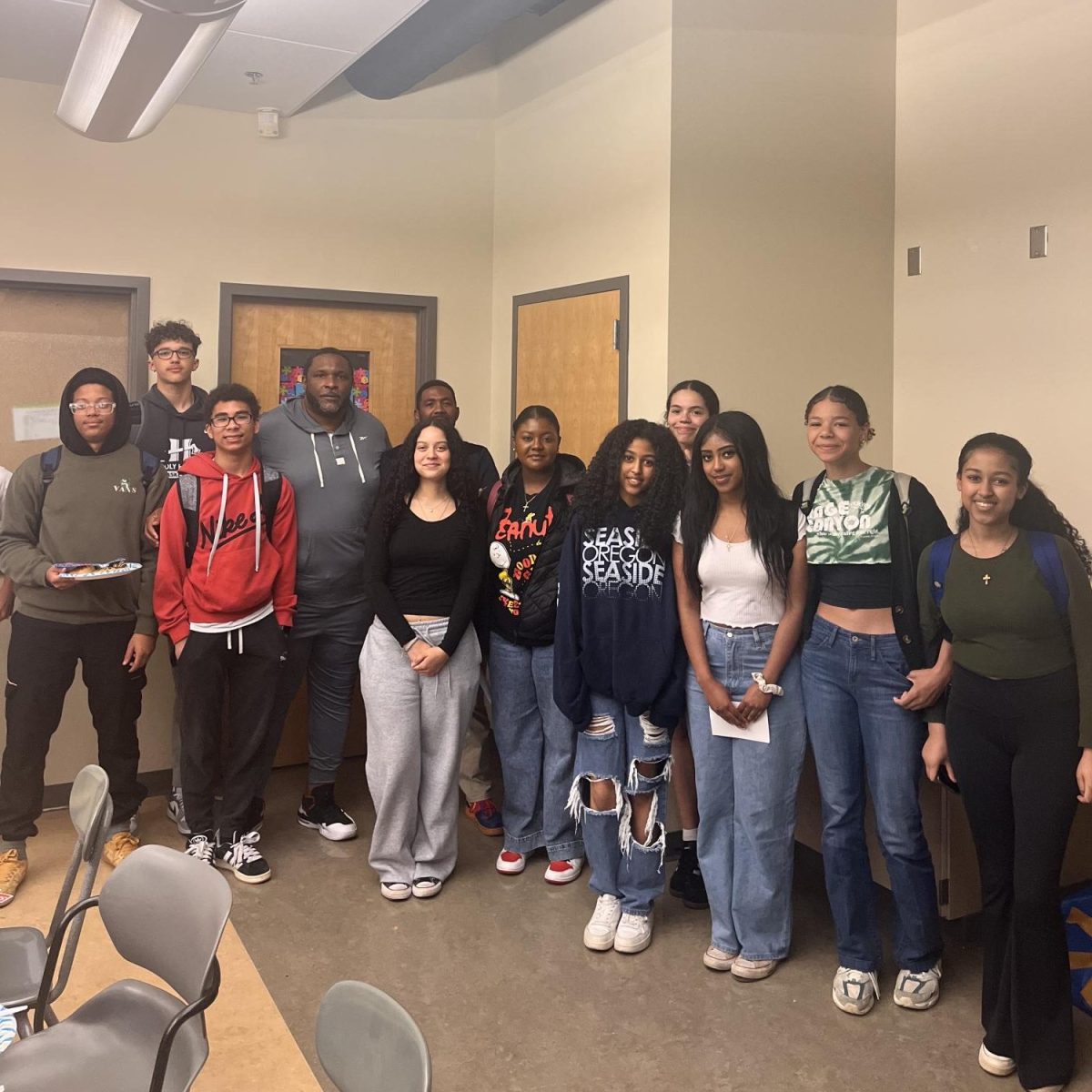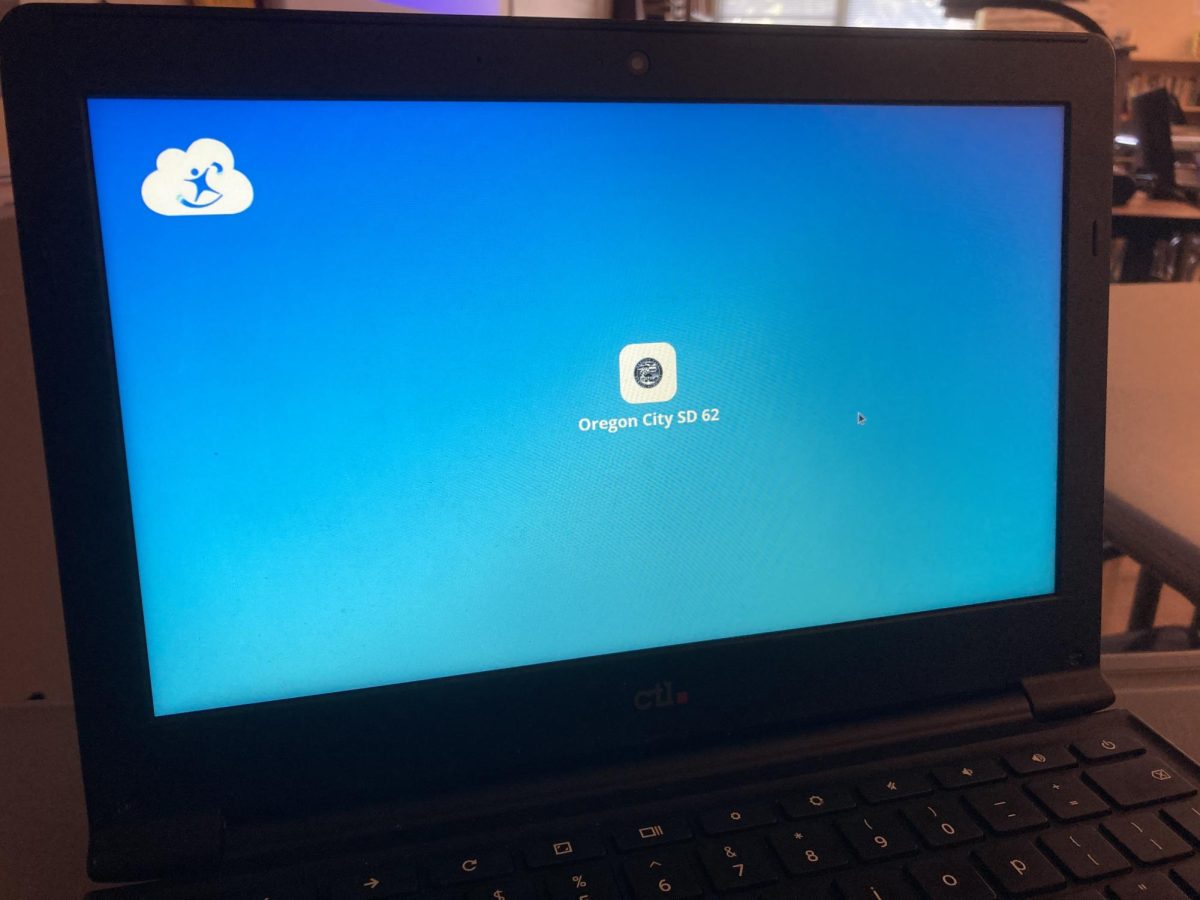(This story was originally published to The Elevator in June, 2023.)
Currently, the public lives in an increasingly unequal society. More and more people are feeling the effects of economic inequality from the rising costs of housing to the increasing wealth gap.
Economic inequality is defined as “The unequal distribution of income and opportunities between different groups in society” by The Institute for Labor Economics. A variety of factors play a role in determining how much any one individual is affected by it. However, generally speaking every U.S. citizen is affected in some capacity.
Economic inequality and its impacts have had severe consequences on the working class in the United States. As a result, Americans can no longer afford the basic amenities needed to allow them to live a normal life. The most egregious and relevant example of this would be the increasing costs of the housing market.
The Housing Crisis
Right now U.S. citizens are struggling to find places to live that they can actually afford. The housing market has risen to a point where average workers can’t easily house themselves.
A graph from Redfin, a Seattle real-estate broker, shows the median price for a home skyrocketed throughout the pandemic. Although prices have dropped in recent times they haven’t reached pre-pandemic levels whatsoever.
Additionally, the National Low Income Housing Coalition found that workers cannot afford to live in a 1-bedroom rental off of minimum wage in 93% of counties across the country. That means workers doing minimum wage jobs can’t afford to house themselves in the majority of cases nationwide.
This comes as a surprise to many older generations who had less trouble finding housing. The buying power of the current generation’s dollar has decreased by 86% compared to that of baby boomers as stated by the ConsumerAffairs Research Team.
The truth is that the housing market today is significantly harder to enter, especially given the fact that from 2010 to 2019 there were fewer homes constructed in any decade since the 1960’s according to the US Census Bureau.
This lack of supply has only led to further increase the barrier of entry for buying a home. Without a home workers can’t keep themselves warm at night, let alone try and find better paying jobs.
Minimum Wage Stagnation
Most people in the United States understand what the minimum wage is, it’s the lowest legal amount of income that an employer can pay their workers. Despite this, there is still a raging debate about whether raising it would be beneficial or not.
Since 2009, the federal minimum wage has remained at $7.25 /hour, the longest time the minimum wage has gone without increasing since its creation. These are “starvation wages,” according to Robert Reich, former U.S. Secretary of Labor, a person relying on this source of income would not be able to provide for themselves, let alone a family.
The arguments made against raising the minimum wage is that it will hurt the economy in one way or another. Corporations will be forced to cut hours or kick members out of their jobs, small businesses won’t be able to function at their profit margins, or that somehow it would increase inflation.
These arguments have distracted people from the truth in front of them the whole time. According to Statista, an online data platform, the minimum wage has decreased by over 40% from 1970 when adjusted for inflation.
Inflation has already functionally decreased the minimum wage in the first place. It’s no wonder that people can’t afford anything, they’re being paid less than in the past.
Wealth Distribution
Although one of the fundamental parts of economic inequality, wealth distribution is often less understood in most communities. This is to say, most people don’t quite understand how large of a gap there really is between the different amounts of wealth in each economic class.
According to Bob Bussel, professor emeritus at University of Oregon, “Capitalism is very good at generating wealth, but not necessarily good at distributing it”.
First, the distinction between income and wealth. Income is what an individual earns every week, month, or year. Wealth consists of the sum total of assets meaning houses, cars, art, stock, anything that has any monetary value. Rich individuals generally keep their wealth in their assets rather than in banks to reduce taxation.
According to the Federal Reserve, the top 1% of Americans used to own 20% of all of the nation’s wealth in the 1970’s. Now, that amount has reached over 35%, a staggering increase and a decidedly undemocratic amount of wealth.
This boom in prosperity for the richest population in the country mainly comes from the stock market. Officialdata.org, another online statistics website, stated that $1,000 invested in the S&P 500 in 1978 would become $31,823 in 2021.
The S&P 500 gauges the performance of around 500 of the most successful companies in the U.S and the general health of the stock market. The people who stand to benefit the most from these massive increases are the CEOs of corporations included in the S&P 500.
Because of this sudden increase, the top 1% own half of the entire stock market and as such their assets have increased massively. The average worker has seen none of this, they can’t benefit from wealth because they can’t afford to save anything. Before the pandemic, 78% of people were living paycheck to paycheck according to a 2017 CareerBuilder survey.
As a result the rich have become unimaginably wealthy in comparison to the average U.S. citizen. Another graph from Statista shows that the average worker makes around 400x less than the CEO.
Not the least paid worker, just an average everyday employee makes 400x less than the CEO.
The Future
The surprising thing about economic inequality is how easy it is to directly act against it. There are a number of ways that the government can remove these issues from existence.
For one, to deal with the housing crisis all that would need to happen is to allow more multi-family housing in residential areas. In doing this more citizens would be able to find cheaper housing that they can afford to live in.
For minimum wage stagnation, adjusting the minimum wage to inflation would outright solve the majority of issues that people are protesting about. A person would be able to reliably live off of a minimum wage income without having to choose between paying for food or medicine.
Wealth distribution, although a very large problem, could be solved by simply taxing assets the same as income. This would force the wealthiest in the nation to pay their fair share of taxes to support communities around the country.
The problem isn’t that people don’t know how to solve these issues, it’s that they purposefully aren’t. Or rather, workers are informed by the very billionaires who would be negatively affected by these changes that they can’t.
These types of topics get very political, very quickly so this paper will try to remain as objective as possible when mentioning these issues. That being said, the ultra-wealthy leverage their power in the political sphere in order to prevent these bills from being passed.
They do this in the form of donations. Individual contributions are capped at $2,700 per election. However, super PACs don’t have any donation limit whatsoever and can use money to fund “independent expenditures”.
The future is uncertain, but if workers are educated about these issues and the roots of their causes they can fight back. They can fight for what’s right, their right to live without the oppressive boot of economic inequality on their necks.


